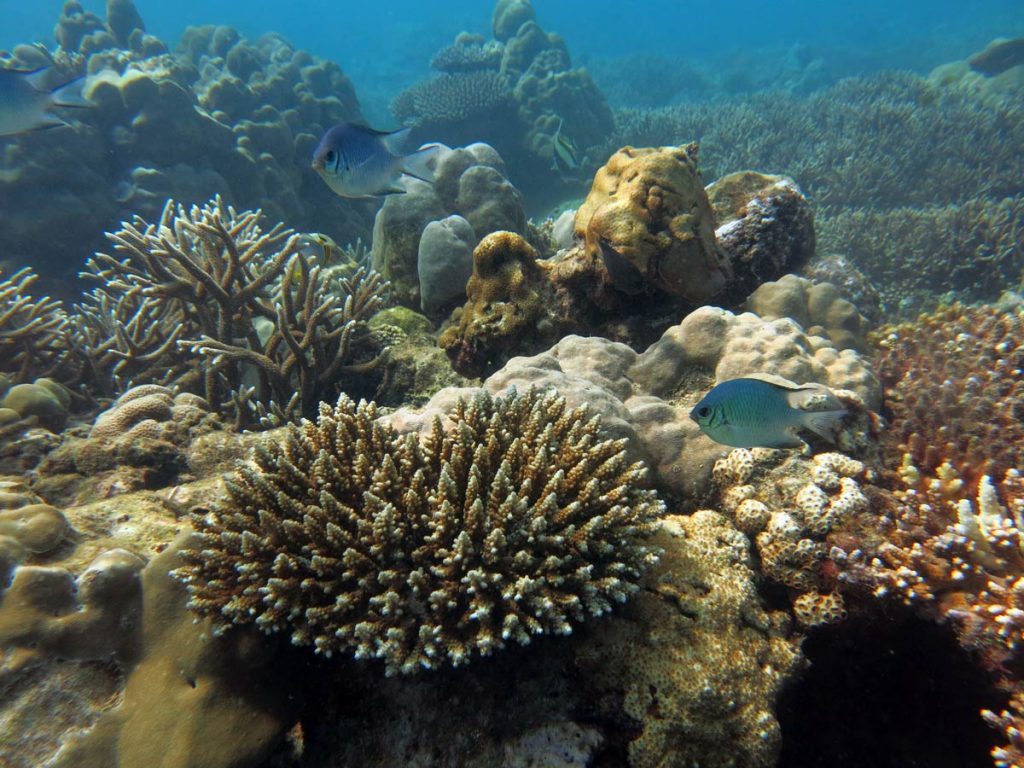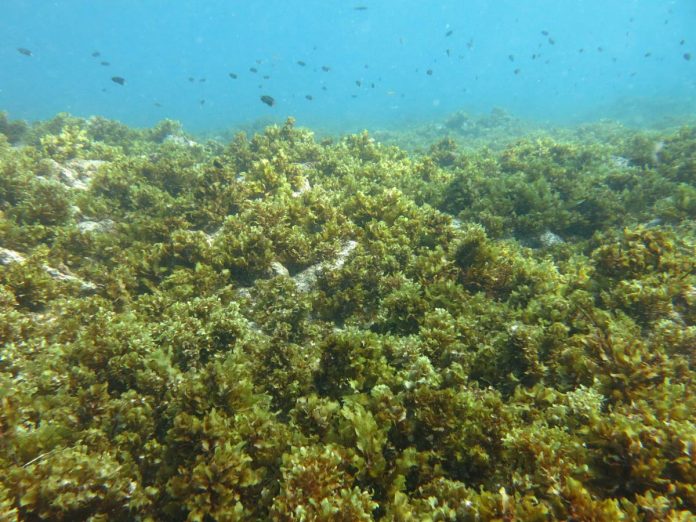Lancaster University researchers found out coral reef ecosystems support diverse small-scale fisheries. The fish they catch are rich in micronutrients which is vital to the health of millions of people in the tropics.
But bleaching kill coral and transform the composition of reef ecosystems. Reef fisheries remain rich sources of micronutrients which increases nutritional value for some minerals.
The findings of the research have been published in the journal One Earth. The study reveals that the availability of micronutrients from coral reef small-scale fisheries is more resilient to climate change than scientists previously thought. Continued global warming is causing coral bleaching which is causing stress on these vulnerable ecosystems.

Scientists said that these fisheries have proved more resilient to climate change disturbance than expected. A long-term understanding of the of climate change to coral reef fisheries is a priority to the scientists.
Six million people work in small-scale fisheries. They help to feed hundreds of millions of coastal people who have high prevalence of malnourishment. The nutritional composition of coral reef fish and how climate change might affect the nutrients available in the fishes was unknown.
The scientists have studied 20 years of long-term monitoring data. Data from Seychelles, as its tropical reefs were damaged by a large coral bleaching event. This happened in 1998 and killed 90% of the corals.
60% of the coral reefs were recovered by coral-dominated system. But 40% were transformed to reefs. These differences gave scientists elements to compare the micronutrients available in fisheries on reefs. They have done it with different climate-driven ecosystem compositions.

Scientists used a combination of experimental fishing and visual surveys of fish communities in the Seychelles. They have calculated the reef fish as an important source of selenium and zinc. These also have calcium, iron and omega-3 fatty acids in it.
Scientists also said iron and zinc are more concentrated in fish caught on reefs. But this has been transformed after coral bleaching. It is now dominated by macroalgae such as Sargassum seaweeds. These kinds of seaweeds have good levels of minerals.
Minerals are a key reason why the algal-feeding herbivorous fishes have higher levels of iron and zinc. Scientists said their findings underline the need for good local management in order to protect the sustainability of reef fisheries. We need traditional fish-based diets. This will help reef fisheries to contribute to healthy diets across the tropics.

